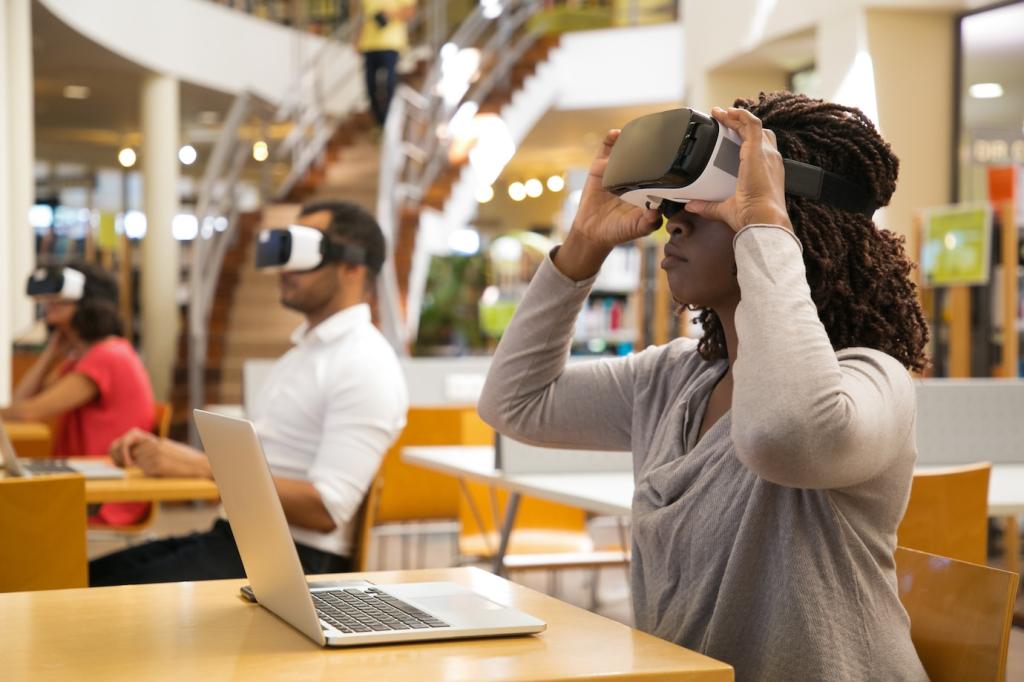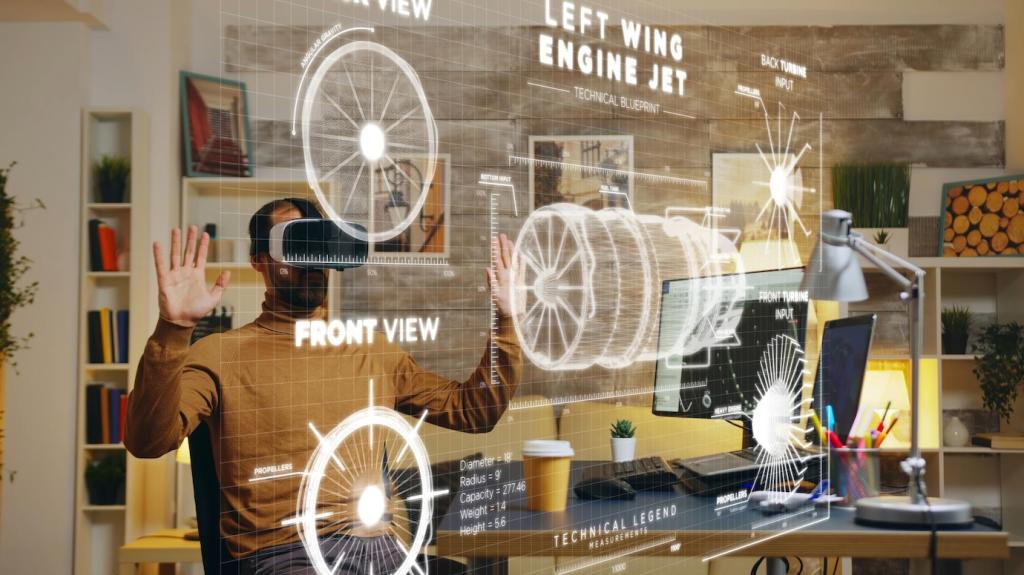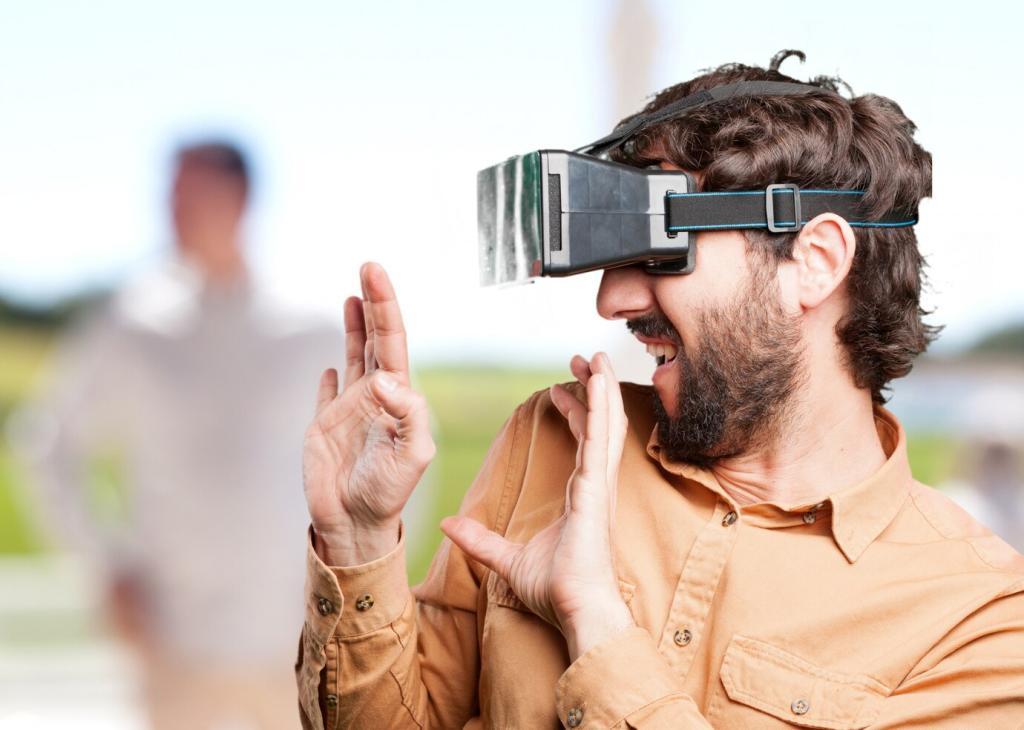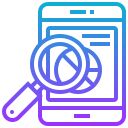Chosen theme: Introduction to Digital Encyclopedias. Step into a world where knowledge updates in real time, links open new paths, and curiosity is rewarded with clarity. If this theme excites you, subscribe and share the questions you want answered next!
What Is a Digital Encyclopedia?
Once, we lugged heavy volumes; then came CD‑ROM discs; now, browsers deliver updated entries in seconds. This evolution changed not just access, but habits. Share your earliest memory of looking up facts—paper, disc, or the web?
What Is a Digital Encyclopedia?
Search that understands context, hyperlinks that reveal background, citations that trace facts, and revision histories that show change—these pillars transform passive reading into active exploration. Which feature do you rely on most, and why?
What Is a Digital Encyclopedia?
Digital encyclopedias invite nonlinear journeys. You zoom from an overview into a nuanced subtopic, bookmark paths, and return later to discover new updates. Does this open navigation help you focus—or spark delightful detours? Tell us below.
Use precise keywords, add operators like quotes for exact phrases, and rely on built‑in category filters to refine results. Notice how suggested articles guide you forward. What search trick saved you time this week?
Navigating Entries with Confidence
Start with the lead section for context, scan headings to map the structure, and jump to citations for source depth. This top‑down approach keeps you oriented. Try it today and share your before‑and‑after experience.
Navigating Entries with Confidence
Trust and Reliability in the Digital Age
Some platforms rely on expert editors; others use community review with clear policies. Both can work when rules are transparent and enforced. Look for moderation notes, update logs, and topic ownership. What signals earn your trust?

Trust and Reliability in the Digital Age
Citations should name reputable sources, include dates, and match claims precisely. Follow links to confirm context, not just existence. If a critical claim lacks references, pause. Which citation practices do you consider non‑negotiable?
Learning Scenarios: Real Stories
A Student’s Deadline Miracle
Maya had two hours to outline a climate policy essay. She skimmed an encyclopedia overview, traced three citations to reports, and built a solid thesis. What last‑minute research move has rescued you before a deadline?
A Librarian’s Digital Pivot
Jorge grew up guiding patrons through stacks. Now he teaches hyperlink literacy, comparing edition histories to show how knowledge evolves. His workshops end with a challenge: verify one claim a day. Would you take that challenge?
A Traveler’s Pocket Reference
On a train to Kyoto, Liv used offline downloads to learn temple history and customs, arriving informed and respectful. Later, she bookmarked related art entries for a museum visit. What trip did a digital encyclopedia enrich for you?
Zoomable maps locate events; timelines show cause and effect across decades. Seeing geography and sequence together strengthens memory and insight. Try exploring a topic visually and share what the map revealed that text alone did not.

Building Your Personal Knowledge Routine
Pick a theme for the week—energy, music theory, microbes—and read one entry each morning. Capture a single takeaway. Small, consistent steps outpace marathon sessions. What weekly theme should we explore together next?
Building Your Personal Knowledge Routine
Use bookmarks and tags like “overview,” “methods,” or “case study.” Revisit quarterly to prune and refine. This evolving library mirrors your growth. Share a screenshot of your tag system to inspire fellow readers.


